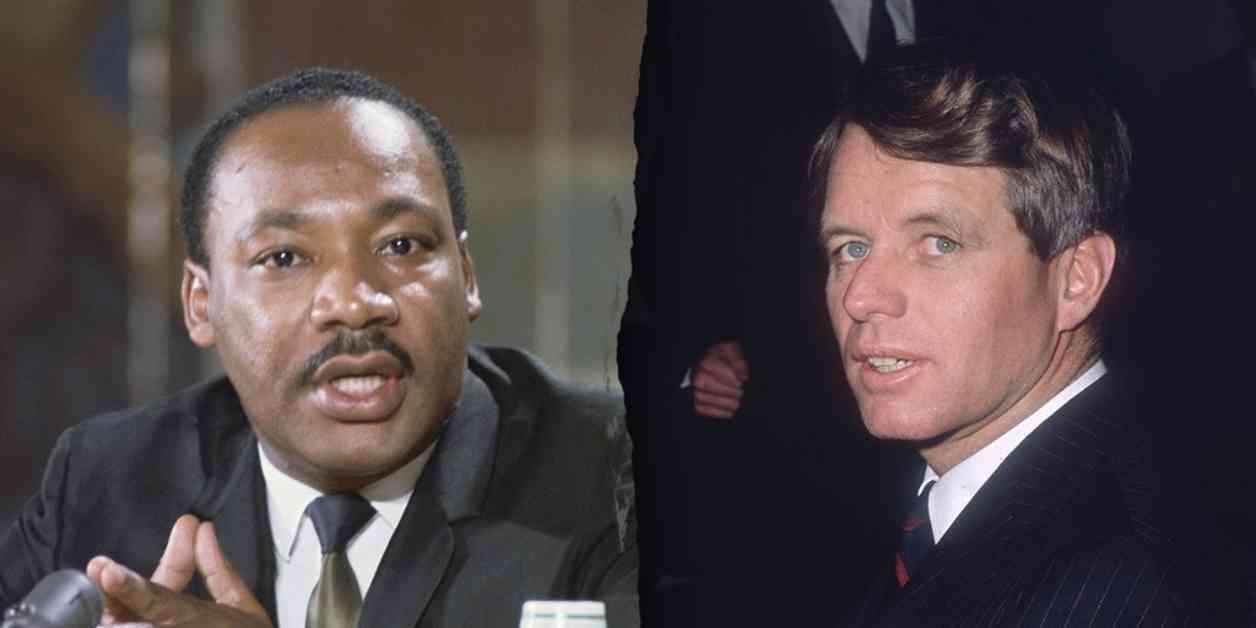As the second deadline approaches to release the long-awaited RFK and MLK assassination files, the Department of Justice is under scrutiny yet again following the controversial release of the Epstein files. President Donald Trump’s executive order earlier this year mandated the declassification of files related to the assassinations of John F. Kennedy, Robert F. Kennedy, and Martin Luther King Jr. The public eagerly anticipated the release plans from the Director of National Intelligence (DNI) and other officials due on March 9, after the initial deadline set for the JFK files on February 7.
The recent release of the Epstein files by the Justice Department, which contained mostly previously disclosed documents, has reignited public interest in the contents of the promised RFK and MLK files. Critics of the Trump administration have raised concerns about the lack of new material and questioned what revelations the RFK and MLK documents might hold.
Renowned author Gerald Posner, known for his work “Case Closed,” shared his insights with Fox News Digital, expressing his expectation of newsworthy content but downplaying the likelihood of any groundbreaking revelations that would shift our understanding of these historical events.
The declassification executive order by President Trump was a promise made during his campaign, vowing to unveil the truth behind the JFK assassination and related events if reelected. The FBI announced that approximately 2,400 new records were discovered in response to the executive order, shedding new light on the JFK assassination case file.
However, the fallout from the Epstein files release led to a public spat between U.S. Attorney General Pam Bondi and FBI Director Kash Patel. Bondi accused federal investigators in New York of withholding thousands of pages of Epstein documents, casting doubt on the transparency of the Justice Department’s handling of sensitive materials. Following Bondi’s hard deadline for the FBI, a significant volume of Epstein files was finally delivered to the DOJ.
In light of these recent events, the upcoming deadline for the RFK and MLK release plans has sparked fresh curiosity among the public. With the backdrop of historical significance and political intrigue, the American people await the unveiling of these long-guarded secrets that could reshape our understanding of pivotal moments in our nation’s history.
Expert Insights on Historical Revelations
As we eagerly anticipate the release of the RFK and MLK files, experts like Gerald Posner remind us of the delicate balance between historical significance and public interest. Posner’s nuanced perspective underscores the importance of contextualizing these documents within the broader narrative of American history, cautioning against sensationalizing potential revelations that may not fundamentally alter our understanding of past events.
Transparency and Accountability in Government
The recent exchange between Attorney General Pam Bondi and FBI Director Kash Patel highlights the ongoing challenges of transparency and accountability within the federal government. Bondi’s insistence on full disclosure of the Epstein files underscores the public’s right to access information that shapes our collective memory and understanding of significant events. Moving forward, it remains crucial for government agencies to prioritize openness and accountability in handling sensitive materials that impact public discourse.
In conclusion, the convergence of historical anniversaries, political promises, and public scrutiny sets the stage for a potentially transformative moment in our nation’s historical record. As we navigate the complexities of declassification and disclosure, we are reminded of the enduring power of truth and transparency in shaping our shared narrative. Stay tuned as the deadline for the RFK and MLK files draws near, promising new insights into pivotal moments that have shaped the course of American history.


